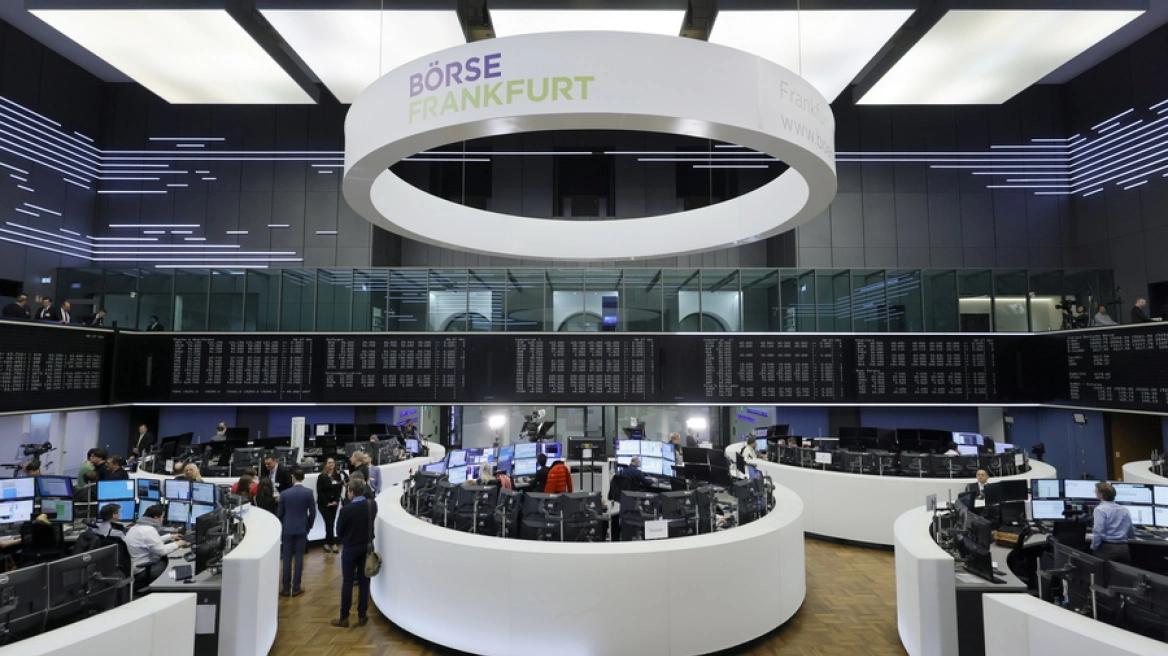The waiting list for Tomorrow Biostasis, a cryopreservation startup based in Germany, is in the hundreds. And the company already has about 10 cases with some bodies preserved in a lab. What comes next is the real issue.
According to a report from Tech.Eu, the company’s “standby ambulance” has already been busy, with cofounder Emil Kendziorra working to launch Europe’s first cryogenics company (there are already a handful of them in the United States). Kendziorra’s goal: As soon as somebody dies, Tomorrow Biostasis immediately responds to preserve the person’s body and/or brain in a state of stasis. Then, once future advances materialize, the company will treat and reverse the person’s original cause of death and bring them back from the dead to enjoy a life extension.
That’s the plan, anyway.
Kendziorra says his company has “about 10 people” already cryopreserved for training purposes and hundreds more on the waiting list. The company’s typical clientele are 36 years old on average and tend to work in tech, which is perhaps the least surprising development of all. A few of these people just want their brain preserved, thinking their future selves may prefer a new 3D-printed body … or maybe not even a body at all.
Turkey Strikes Syrian Kurds as Earthquake Recovery Continues
When the bodies get transported to Rafz, Switzerland for long-term storage at the European Biostasis Foundation—the process is technically considered a scientific body donation, to make it legal—they get cooled to -196 degrees Celsius and placed inside an insulated tank with liquid nitrogen to lock in the preservation.
Of course, waiting for medical advancement to progress to the point it can reverse what caused your death isn’t the only hurdle in this entire cryopreservation concept. There’s still the small issue of nobody knowing how to actually revive a dead cryopreserved human. Sure, they can freeze the brain to preserve cells and tissues, but bringing a previously dead brain back to life with regular function and memories isn’t quite a thing in our world—yet.
And those are just the big questions. There are also plenty of smaller issues, such as who makes the decision on the revival, because, well, you can’t freeze up on the right timing.
Source: Popular Mechanics
Ask me anything
Explore related questions





